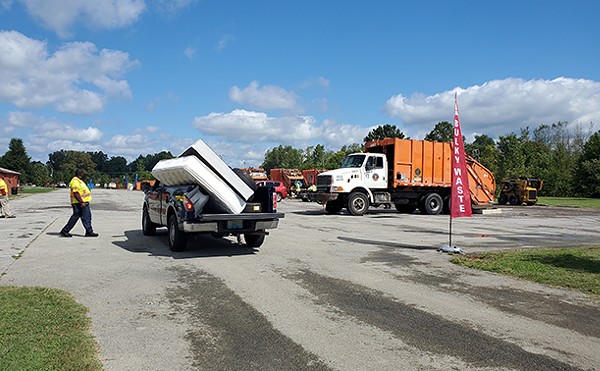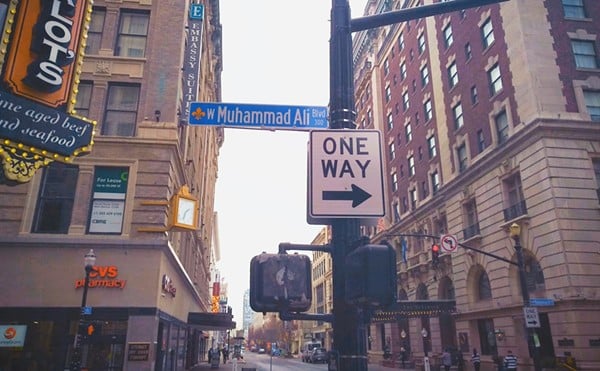Life is full of unexpected turns, and sometimes, the unimaginable becomes our reality. Losing a spouse is one of the most devastating experiences a person can go through. I never thought I would be a widower at 48 years old. It seemed like something that only happened to older individuals. But here I am, grappling with grief and navigating the lonely road of widowhood. I want to share my personal journey, offer insight into the profound impact of losing a partner, and highlight the lessons I've learned along the way.
When my husband, Jamie, and I exchanged vows 7 years ago, we believed we would grow old together, facing life's challenges hand in hand. But fate had other plans. We experienced our fair share of struggles, from job loss to financial hardship. The stress took a toll on us both. Despite the difficulties, we held onto the hope of a brighter future.
My husband was a selfless person, always taking care of others. He worried about his aging parents, especially his father, who had numerous health issues. But nothing could have prepared us for the tragedy that awaited us. My husband took care of everyone, everyone but himself. He had complained of chest pain, but blew it off as stress. No matter how much I tried to get him to a doctor, he just refused! His exact words were, “I don’t have time to worry about myself when everyone needs me.” Jamie passed from a cardiac event in his sleep at the age of 49.
The loss of a spouse is an incomprehensible and life-altering experience. Grief enveloped me, leaving me adrift in a sea of pain and sadness. The waves crashed relentlessly against the shore of my soul, shattering my heart into a million pieces. The loneliness and silence echoed throughout every aspect of my being. My husband's absence loomed over me, making even the simplest of tasks feel overwhelming. It was a solitary journey, with no roadmap to guide me. But amid the darkness, I discovered solace in the memories we shared.
The memories of our life together became a lifeline during the darkest moments. Laughter, adventures, and the unconditional love we shared became a source of comfort. These cherished moments became a testament to the power of love that transcends death. They reminded me that although my husband is physically gone, his presence lives on in my heart. In the midst of my grief, I learned to cherish every precious moment, for life is fleeting and its brevity is painfully evident.
Healing from the loss of a spouse is not a linear process. It is marked by unpredictable emotions, unexpected triggers, and periods of profound sadness. There are days when the pain feels insurmountable, and others when acceptance and peace seep in. Healing requires time, self-compassion, and a willingness to face the depths of grief head-on. Scars will always remain, but they become a testament to the resilience of the human spirit.
This tragic chapter in my life has taught me invaluable lessons about love, loss, and the fragility of our existence. It has reshaped my perspective and deepened my empathy for others who have experienced similar pain. I've come to realize the urgency of living with intention, savoring every moment, and prioritizing the relationships that enrich our lives. Life is too short to be taken for granted, and I am determined to honor my husband's memory by living a life filled with love, compassion, and gratitude.
In the midst of grief and loss, it can be difficult to see beyond the darkness. But even in the darkest moments, there is a sliver of light waiting to be discovered. It is a reminder that no matter how painful life may be, there is hope for a brighter future. Seizing each day with unwavering strength and unwavering hope becomes an act of defiance against the overwhelming despair. It is a testament to the resilience of the human spirit and the power of love to transcend even death.
Becoming a widower at 48 years old is a devastating blow that shattered my world. But it also taught me profound lessons about love, loss, and the resilience of the human spirit. Through grief and pain, I have discovered the importance of cherishing every moment and prioritizing what truly matters.
Healing is a non-linear journey marked by ups and downs, but with time, self-compassion, and the support of loved ones, it is possible to find solace and create a meaningful and fulfilling life after loss.
The holiday season is often filled with joy, laughter, and togetherness. However, for those of us who have experienced the loss of a spouse, it can be an incredibly lonely and overwhelming time. The absence of a loved one creates an emptiness that is amplified during this season of warmth and celebration.
Navigating through the holidays as a widower can be arduous, but it is essential to acknowledge and honor your feelings. Surround yourself with a supportive network of family and friends who can provide comfort and understanding. Reach out to others who have gone through similar experiences, as they can offer solace and guidance.
Embrace the memories and traditions that your spouse held dear, incorporating them into your holiday celebrations. This will not only keep their spirit alive but also bring you comfort and a sense of connection.
We must allow ourselves permission to feel joy amidst the sadness, knowing that it doesn't diminish the love we have for our spouse. Practice self-care and self-compassion by indulging in activities that soothe your soul and nourish your well-being.
Remember that grief doesn't have a timetable, and healing takes time. It's okay to have setbacks — I often do — or moments of intense sadness. We have to allow ourselves time to process these emotions without judgment.
While becoming a widower is/was an incredibly painful chapter in my life, it has also brought forth tremendous growth and resilience. Today, I honor the love I had, cherish the memories I hold dear, and continue to move forward to live my life with meaning and purpose. It will take time, but I know that you and I can find healing and embrace a fulfilling life after loss.






